Publications
Articles, publications, books, tools and multimedia features from the U.S. Institute of Peace provide the latest news, analysis, research findings, practitioner guides and reports, all related to the conflict zones and issues that are at the center of the Institute’s work to prevent and reduce violent conflict.
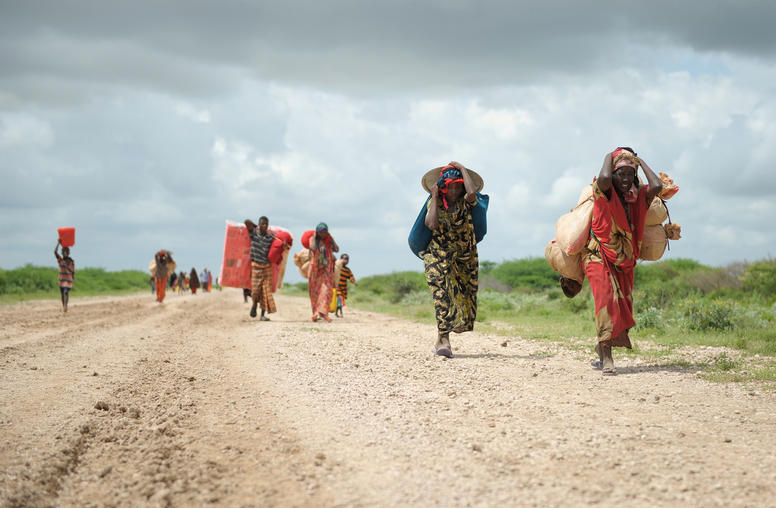
Glasgow’s Summit Will Spur Change—on Climate and in Conflicts
When the 26th Conference of Parties of the U.N. Framework Convention on Climate Change closed over the weekend in Glasgow, delegates and observers left with both disappointment that so little had happened and relief that so much had. As the world now weighs the results of the Glasgow climate summit, the global peacebuilding community should do the same. We should analyze where the summit might alter risks of violent conflict and opportunities for the community—including peacebuilding organizations, local civil society groups and policymakers—to respond.

Tegan Blaine on the COP26 Summit
As the climate summit wraps up, USIP’s Tegan Blaine says the focus on net-zero commitments overshadowed immediate concerns such as addressing climate-driven migration: “We needed to commit to these things 10 years ago, 20 years ago … and we didn’t. So now the time is quite short.”
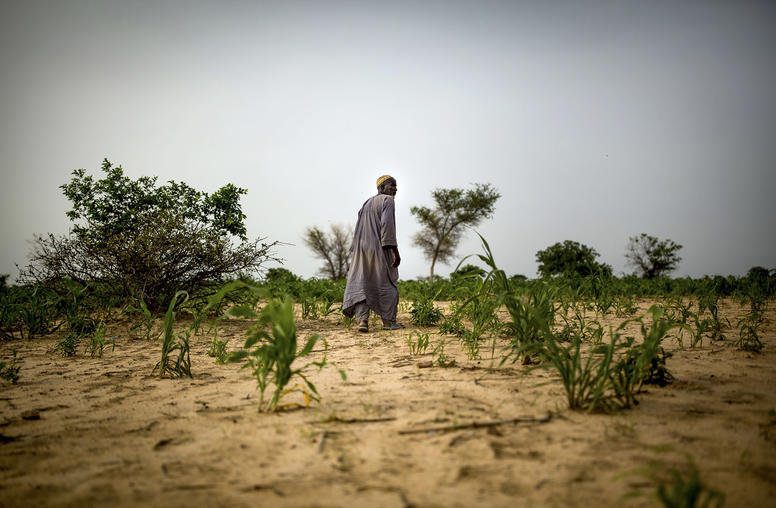
Facing Climate-Driven Migration and Displacement Head-On
In the run-up to the COP26 summit on climate change, the U.S. government released its Report on the Impact of Climate Change on Migration on October 21 — one of three major climate reports, along with the National Intelligence Estimate and the climate risk analysis by the Department of Defense, from the Biden administration. With these reports, the U.S. government now formally recognizes that climate change is likely to contribute to significant displacement and migration, and with it, political and social instability that jeopardize U.S. interests.
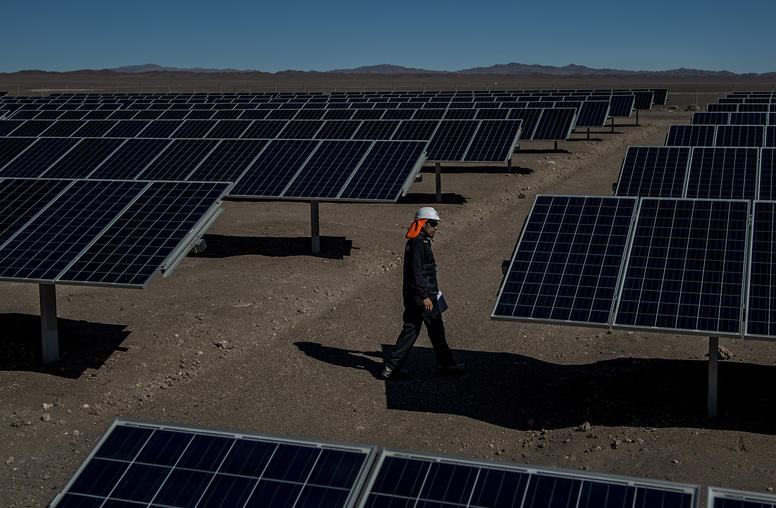
Navigating Land Rights in the Transition to Green Energy
With the global energy sector responsible for two-thirds of carbon dioxide emissions, renewable energy has enormous potential to mitigate the impacts of the climate crisis while simultaneously addressing energy poverty in developing states worldwide. However, clean energy development is far from smooth sailing, as renewable energy infrastructure requires ten times more land than the fossil fuel equivalent to generate the same power.
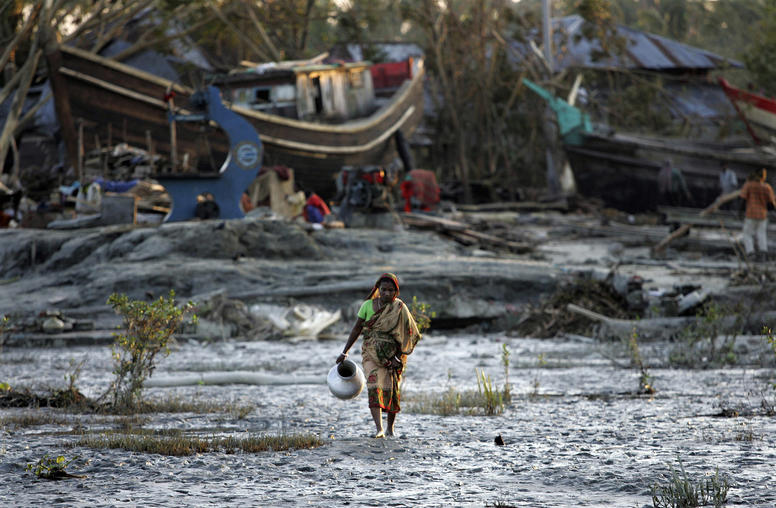
How Climate Change Deepens Bangladesh’s Fragility
The Intergovernmental Panel on Climate Change (IPCC) released its sixth report on the state of the earth’s climate in early August — and it paints a dire picture. The report argues that unless governments take appropriate measures to curb greenhouse gas emissions and spur behavioral change, the world is moving toward a climate crisis of rising sea levels, warmer temperatures and more extreme weather. The report’s findings are particularly relevant in Bangladesh, where low elevation, high population density and weak infrastructure make it highly vulnerable to climate change.

Tegan Blaine on How Climate Change Impacts Global Conflict
USIP’s Tegan Blaine says we must be cognizant of how efforts to reduce climate change can exacerbate instability and conflict, as the resources needed for a greener global economy “are in places where the countries are already politically fragile” and higher demand adds more stress to already burdened institutions.
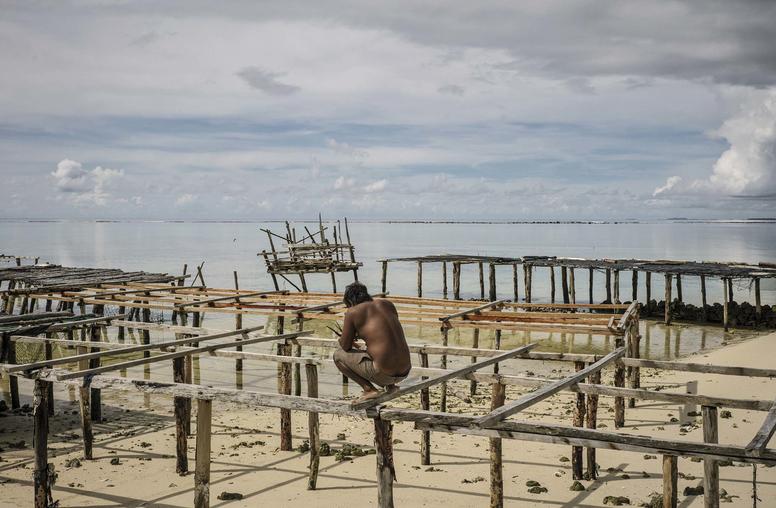
Climate, COVID and China Drive U.S.-Pacific Islands Engagement
The Pacific Islands Forum (PIF) held its 51st leaders meeting on August 6, with Fiji serving as virtual host. The PIF is comprised of 18 members, and the United States is among 18 PIF Dialogue Partners that participate in an annual post-forum dialogue. This year, President Joe Biden led the U.S. delegation and delivered his own address, a first for a U.S. president and a demonstration of the strategic importance of Pacific Island nations to U.S. priorities like climate change, COVID-19 and competition with China. USIP’s Jennifer Staats and Brian Harding discuss what PIF members and Washington want from each other and the major issues facing the region.
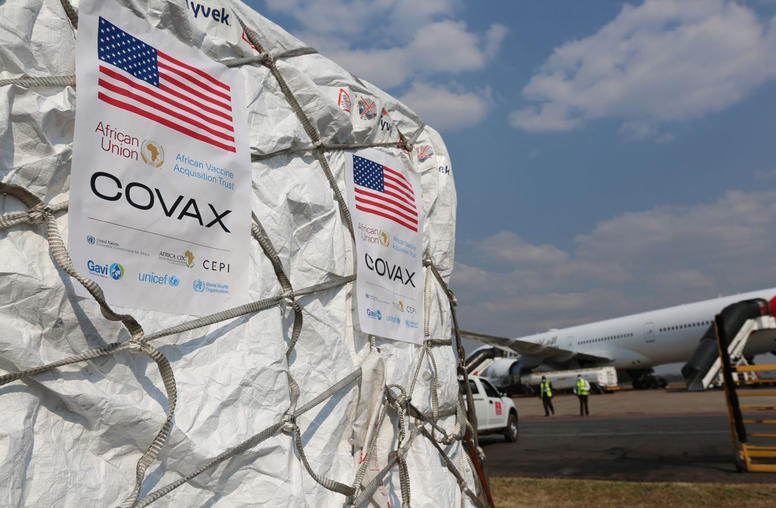
African Union Chair Tshisekedi, Rep. Bass Discuss Effective U.S.-Africa Engagement
Despite the many challenges facing the continent, “Africa is not … defined by poverty, misery and violence,” said Félix Tshisekedi, the chairperson of the African Union (AU). “Our continent is also defined by opportunities.”
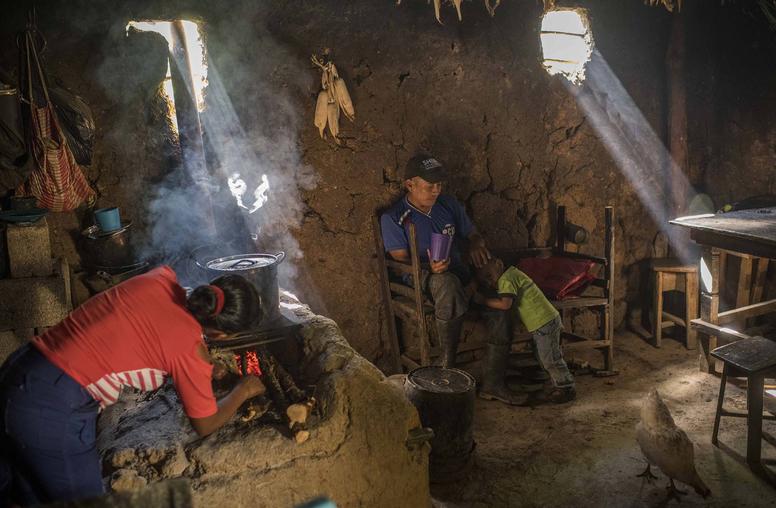
Climate change risks new violent conflict. How to respond?
As climate change amplifies weather disasters and destabilizes food and water supplies, recent research is confirming its effects on the global south: Our planet’s warming is weakening already fragile states, increasing the risk of violent conflicts and accelerating human displacement and migration. Like any global shock, it is putting poorer nations most at risk. The United States and the international community can counter these rising hazards by setting basic priorities in assistance programs. Among these are to target cities with a strategy that helps local populations adapt to climate change and manage conflicts nonviolently, and to strengthen regional organizations’ abilities to tackle fragility problems.
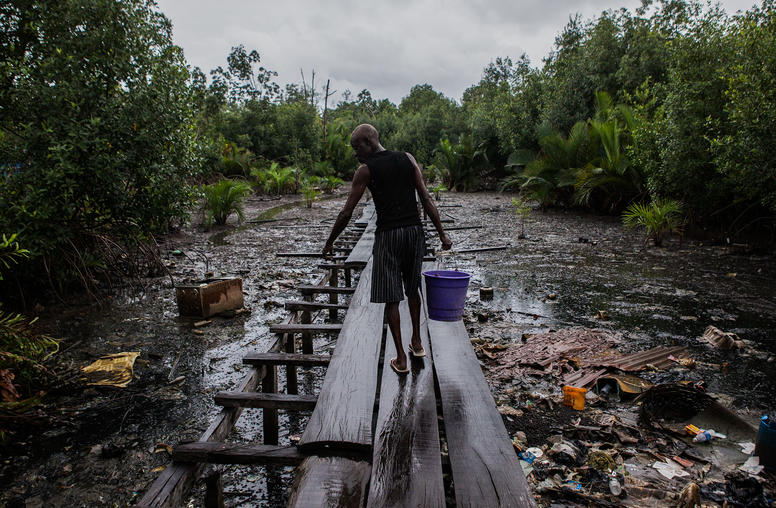
Can the World Go Green Without Destabilizing Oil-Pumping Nations?
Amid the dizzying acceleration of headlines and debate about the vital global transition to renewable energy, new research shows how that change could destabilize dozens of fragile states that depend heavily on oil exports. The new study underscores that governments and international institutions will need to guard against risks that the shift away from carbon-heavy fuels will inadvertently upset political balances and potentially ignite violent conflicts in a swath of nations from Venezuela to Nigeria to Iraq and beyond. Above all, the research suggests, the world must avoid an unplanned “traumatic decarbonization” of these economies.